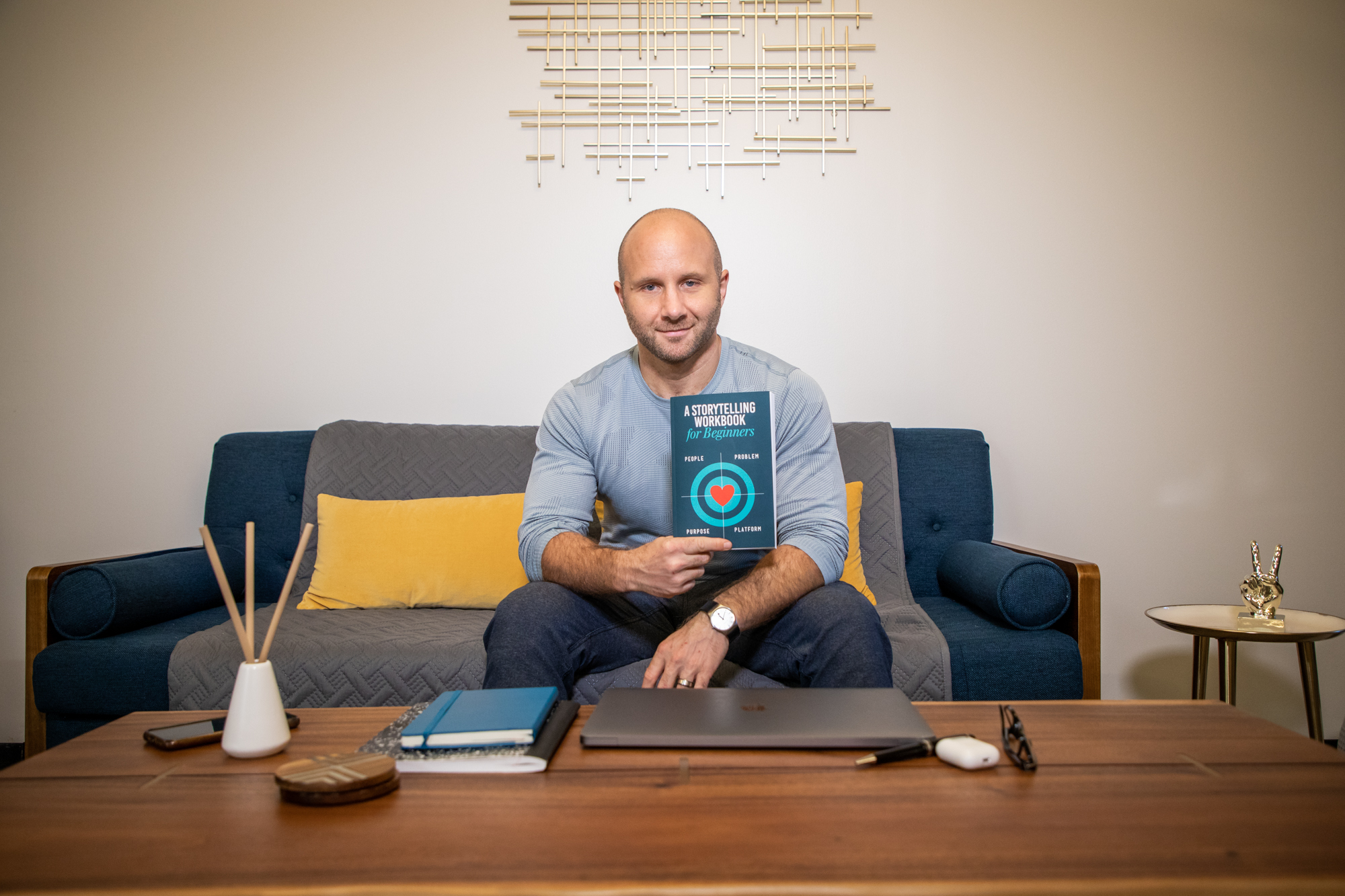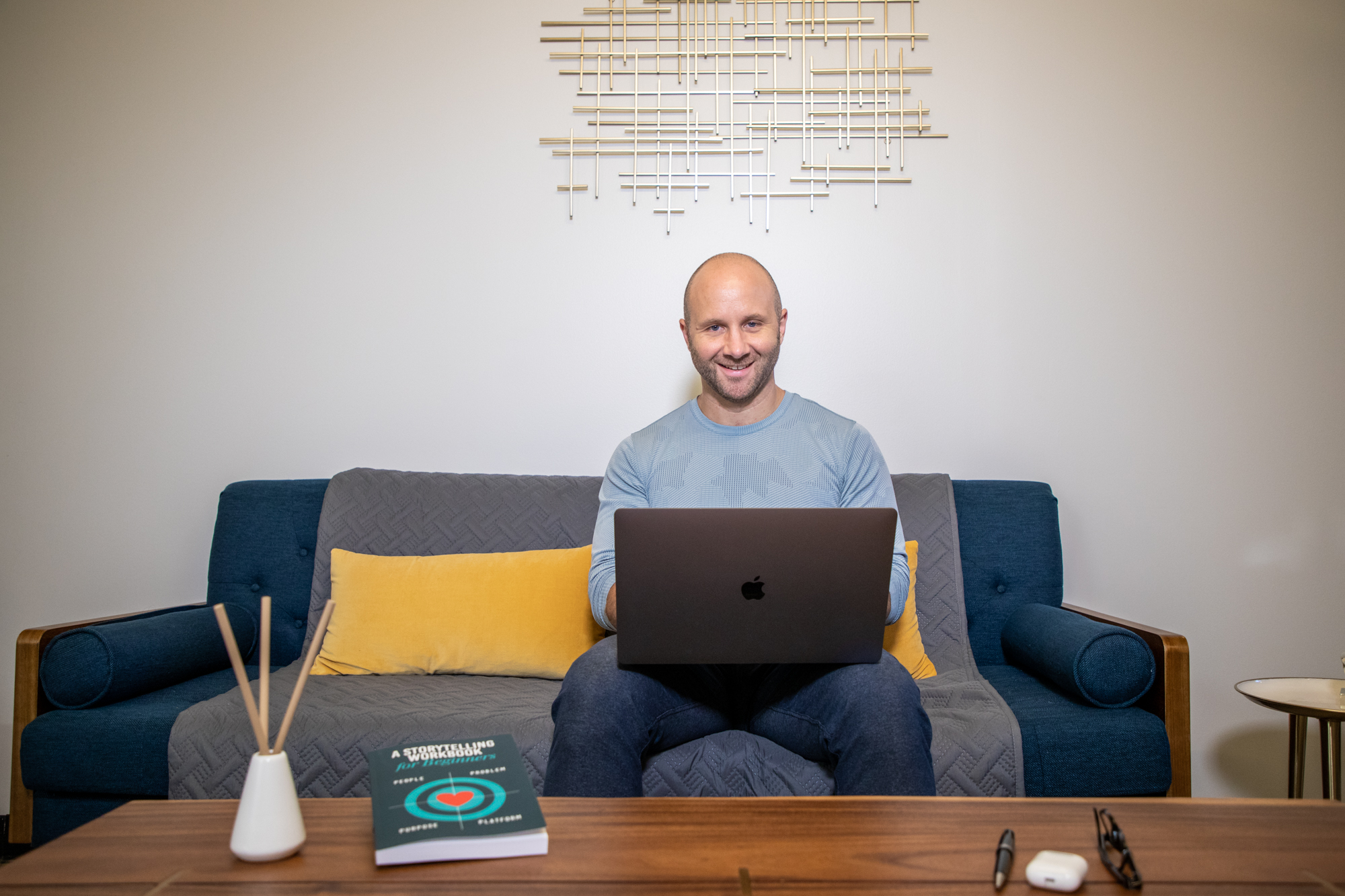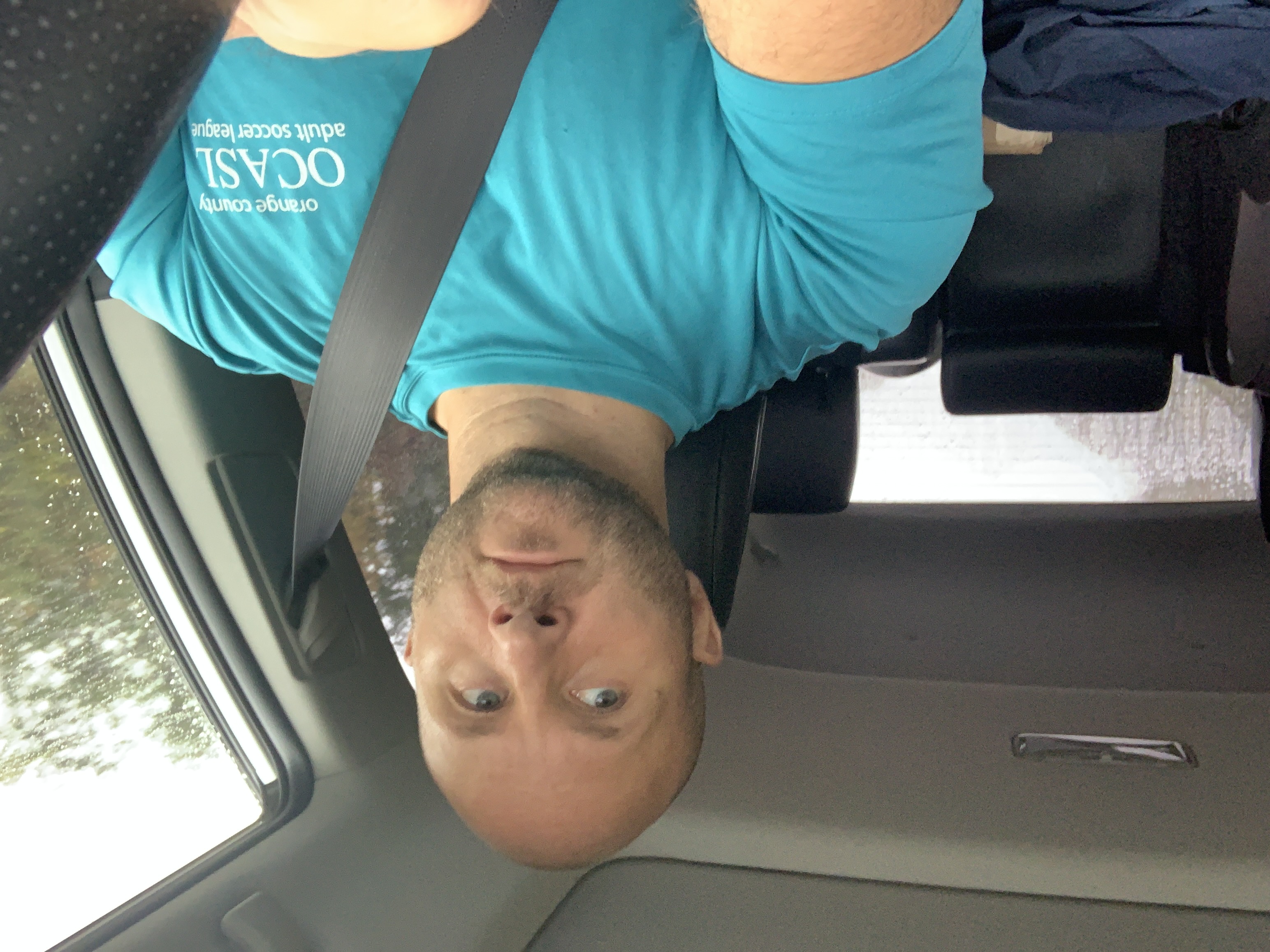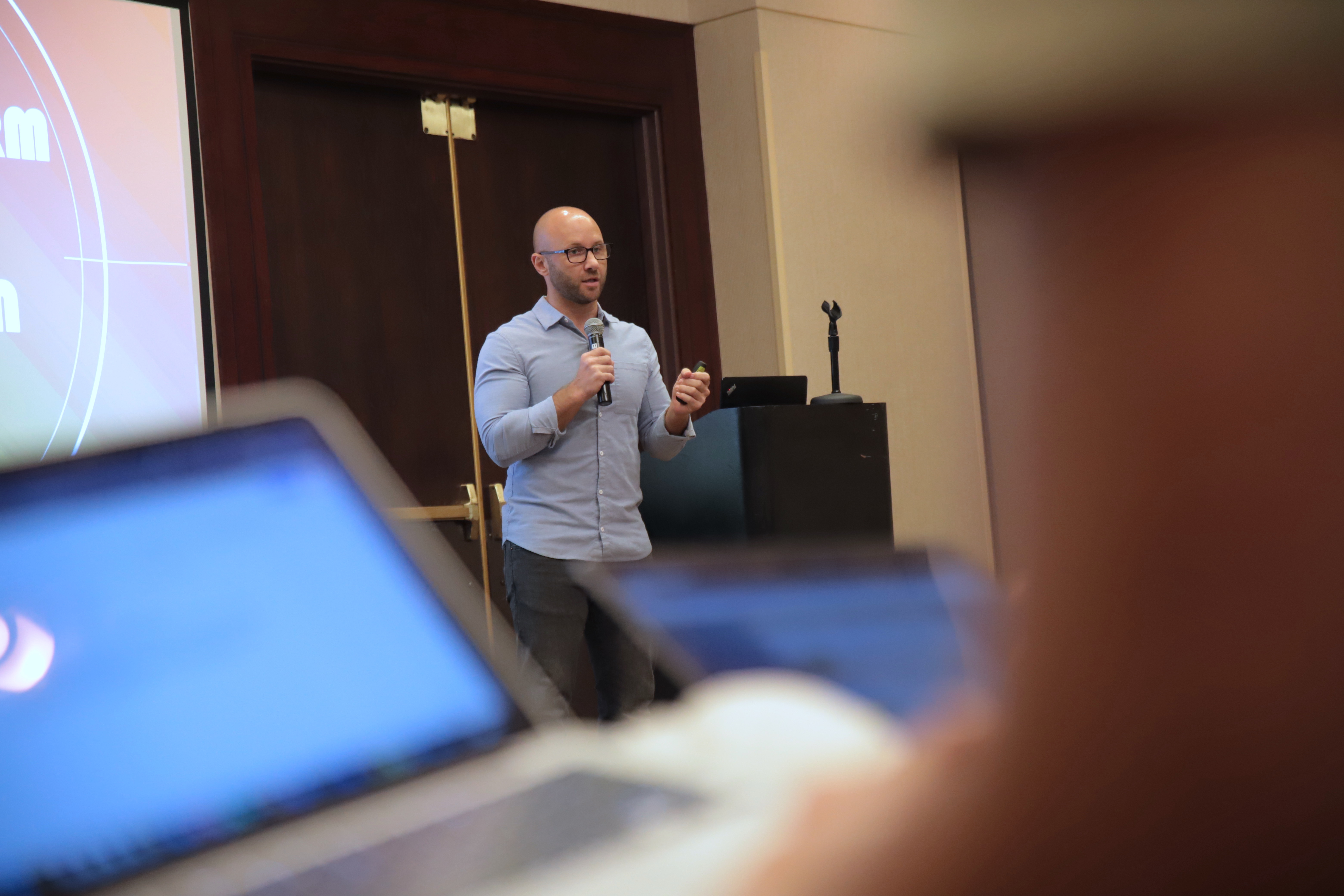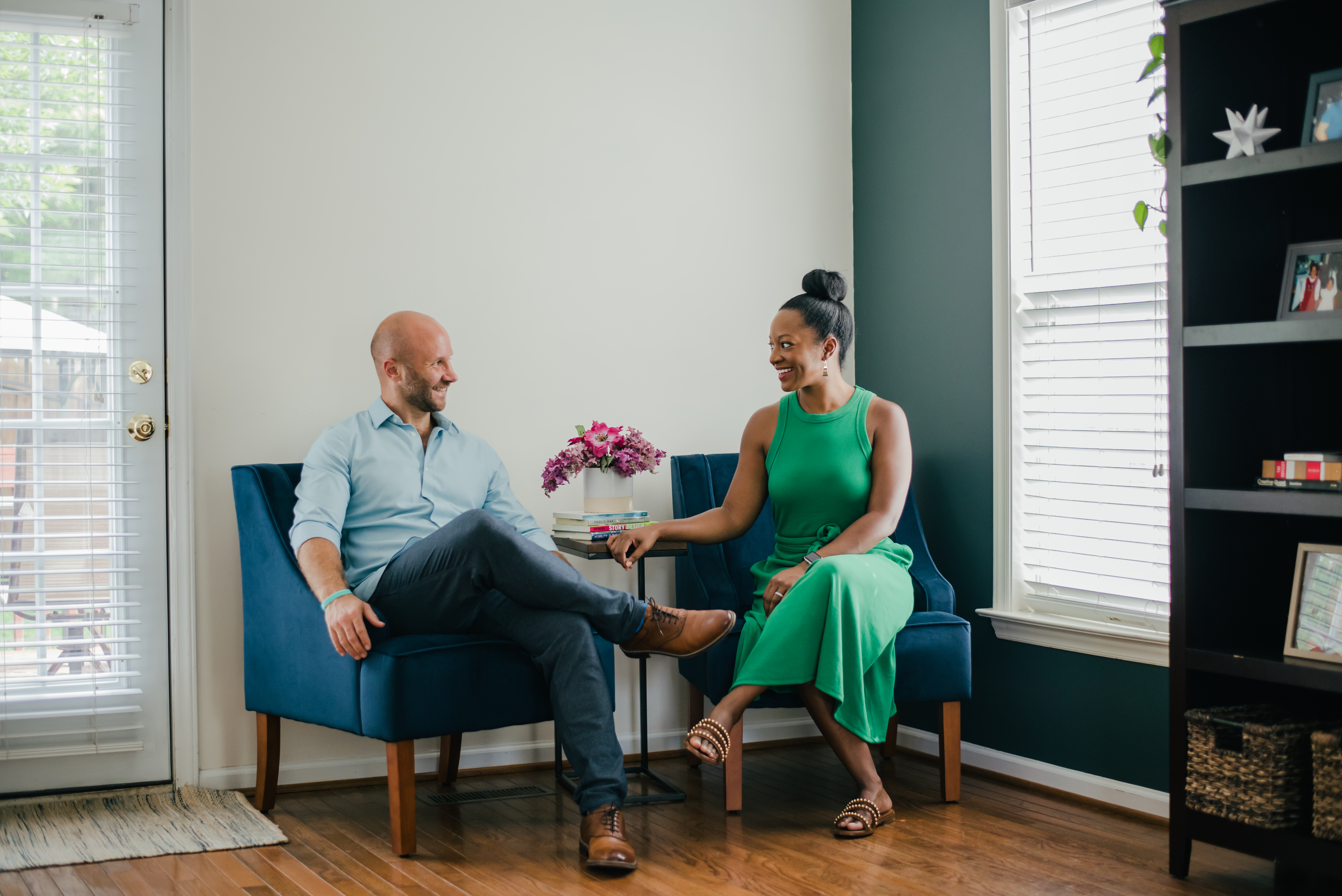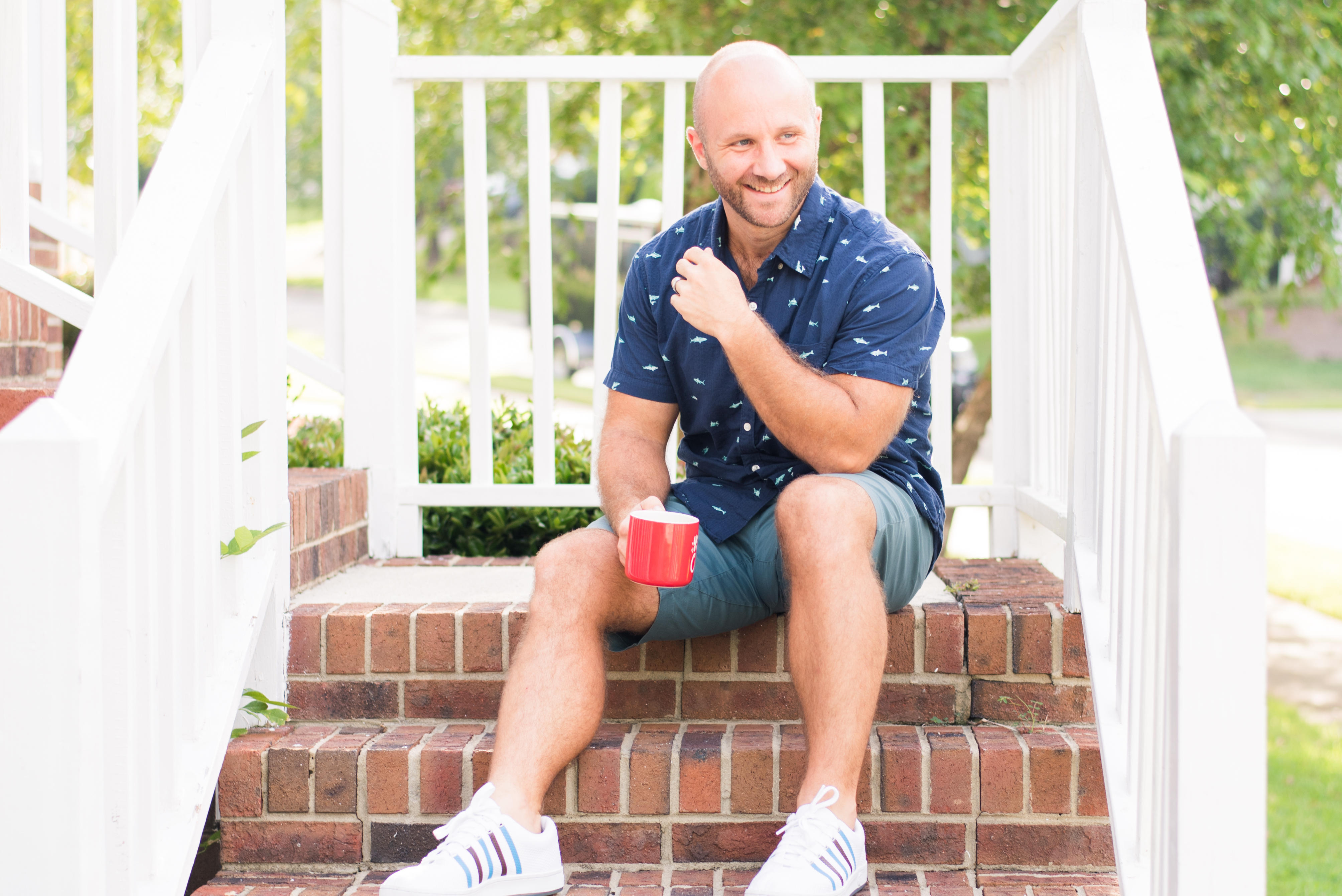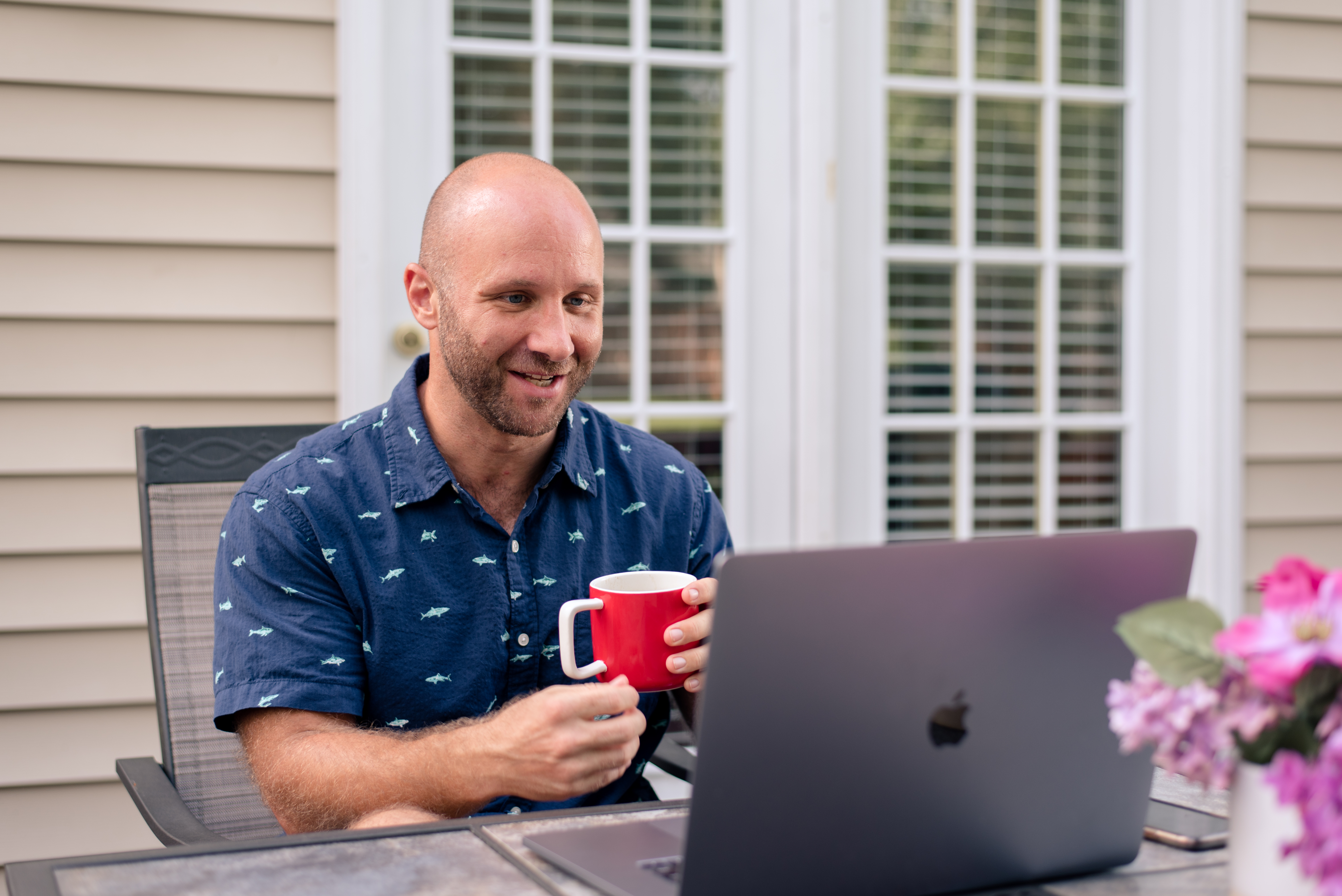In the summer of 2001, I was sitting in a closet-turned-office of a modular building at PCS Phosphate, a phosphate mining plant that employed over 1000 people in Beaufort County (including my dad, and now me).
I covered the skinny window in the door with tape so no one would see me napping.
Really, no one would ever have noticed because they never had any work for me to do. I was part of a summer student work program, where they gave children of employees summer jobs when they were home from college. The year before I’d worked on the grounds crew outside and loved it. This year, I was bored out of my mind inside the office.
So, I quit.
My parents both sat me down and told me about having a steady job that paid $7.50 an hour was a good idea for me and even if I didn’t like it I should just buckle down. It would look good on my resume. Plus, a job wasn’t really about having fun. That’s why it was called “work.”
 But instead, I chose to go work at Snookie’s, a seafood restaurant on the water. It was just five blocks from my mother’s house (instead of a 35 minute drive like PCS), I made cash tips (sometimes $100 a night) and I had the time of my life during the summer I turned 19.
But instead, I chose to go work at Snookie’s, a seafood restaurant on the water. It was just five blocks from my mother’s house (instead of a 35 minute drive like PCS), I made cash tips (sometimes $100 a night) and I had the time of my life during the summer I turned 19.
I often think back about what might have happened if I didn’t quit. What chain of events might not have occurred if I didn’t switch jobs that summer?
I found myself in similar situations over the next 15 years.
My first two years of college, I went to Campbell University on a scholarship. But I hated it. I transferred to NC State which lead me to the career path I’m still currently taking. After running a business for four years and buying a home in Chapel Hill, I quit and suddenly moved to New York City to chase my creative desires. After I finally got a job in the entertainment industry in New York, I quit after six months to travel the world and make a movie about calisthenics.
All of these decisions were resisted by my parents, because of all them were risky.
All of them paid off.
That’s because I didn’t really want to be doing what I was doing originally. I wasn’t passionate about it and it wouldn’t lead me closer to where I really wanted to go.
But many of us, perhaps most of us, have a big problem with quitting. Whether it’s a job we hate, a book we are struggling to read, or even just the food on our plate, we are taught from such a young age to finish what we’ve started and never give up.
Winners never quit, right?
Well, I don’t think that’s the case.
Every path that I quit taking happened at major transitions in my life and affected everything else that happened after that. Seth Godin calls this “The Dip”. When we are trying to achieve something great, we are all going to go through a dip. The journey starts off exciting and then it gets tough. Challenges arise and we have to prepare ourselves to push through those challenges and persevere.
But the dip can really be a dead-end in disguise.
If we are going to dedicate our time, money, and energy (which we all have a very limited supply of) to something, we need to make sure it’s actually contributing to us being the greatest versions of ourselves and pushing us closer to our true goals.
In order to do this, we must clearly see our “end” in mind. What is it that we really want?
If being as healthy as possible is our goal, is forcing ourselves to eat every bite the best choice? Then quit. If creating a successful business that fulfills us is our goal, but our partner causes us stress and doesn’t have the same values as we do, is “toughing it out” the best choice? Then quit!
If we’re not happy in the beginning, we’ll never make it through the dip.
We have placed unnecessary pressure on ourselves in this society to not complain and to keep going, regardless of if it’s in the direction we are heading or not. But the expression “Quitters never win and winners never quit” just simply isn’t accurate.
Anyone that has gone on to do great things has quit…. lots of times.


